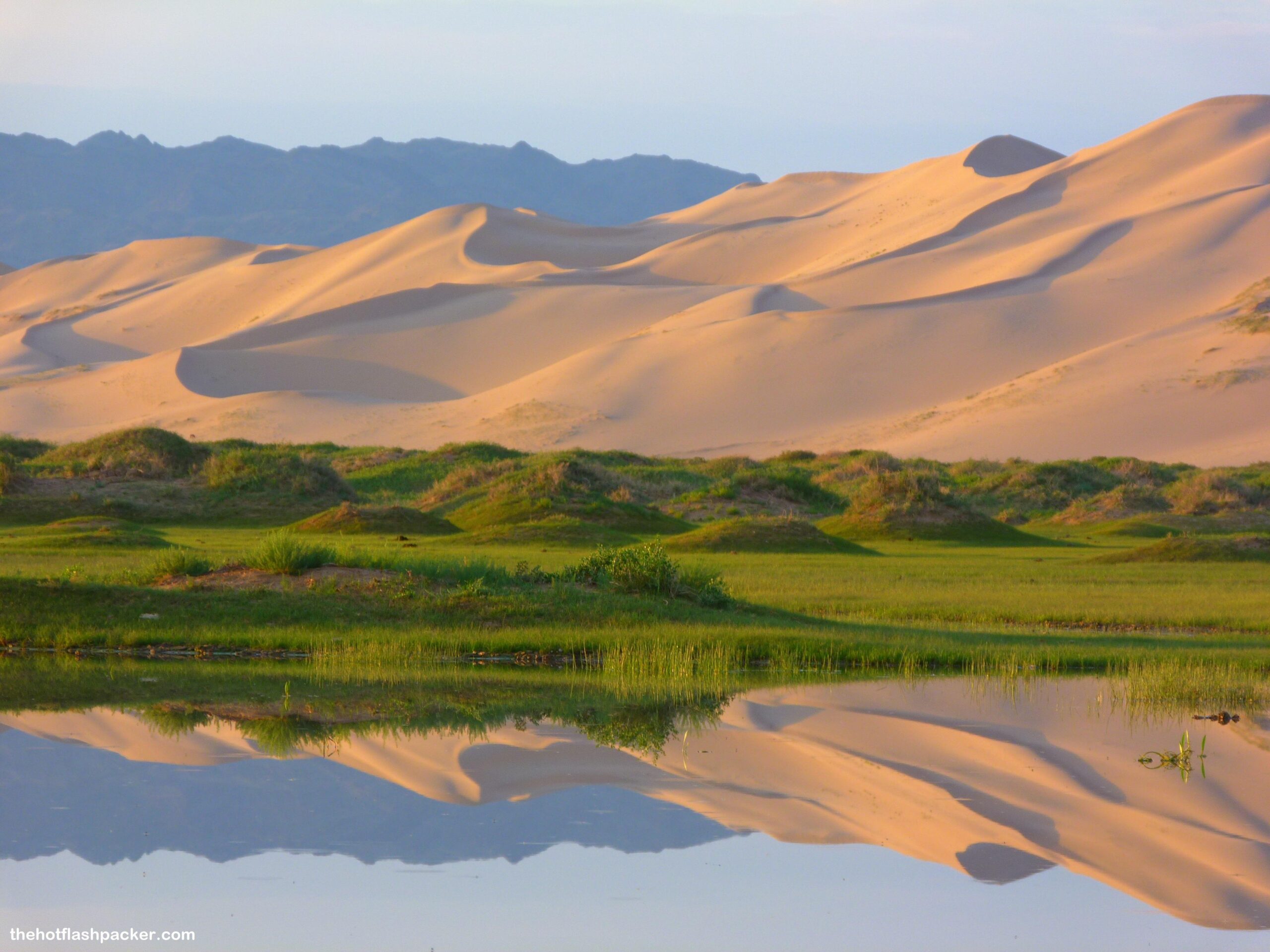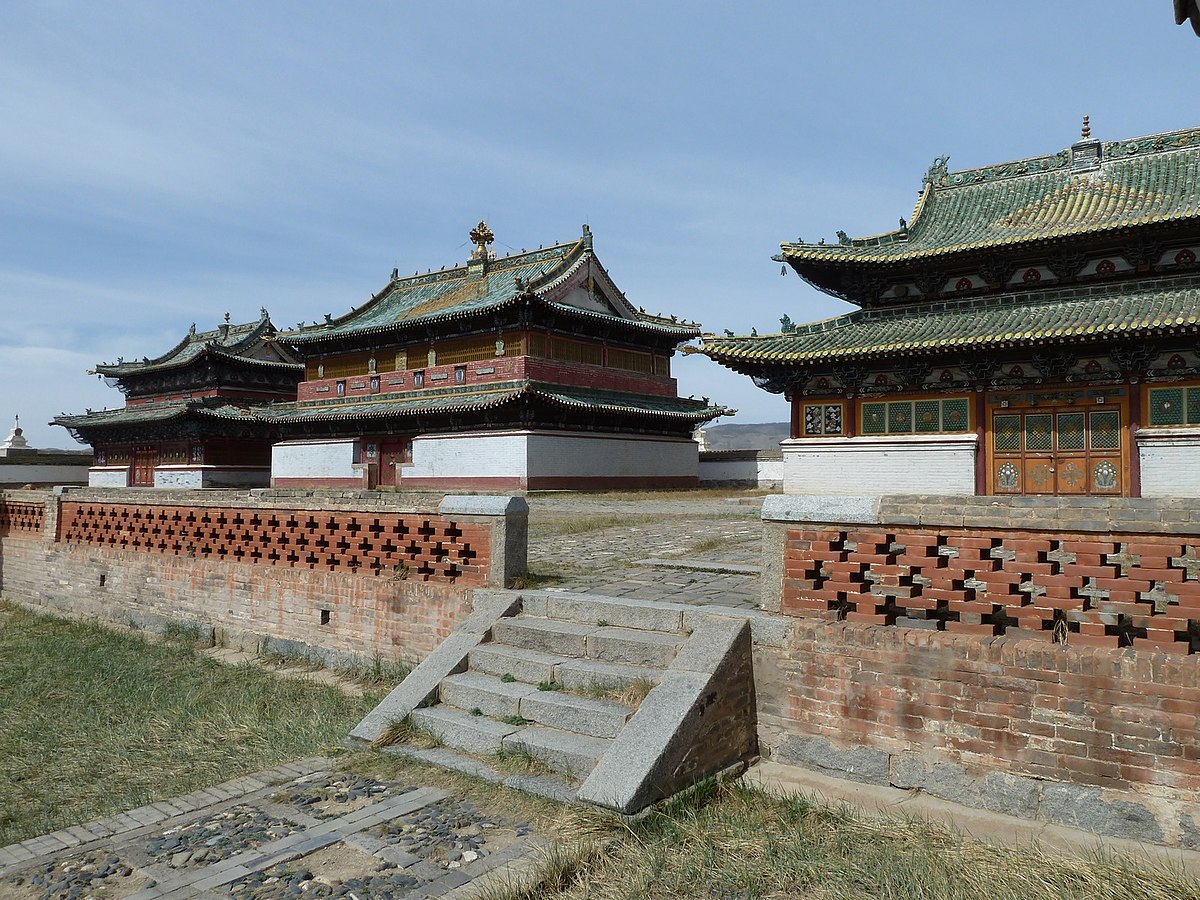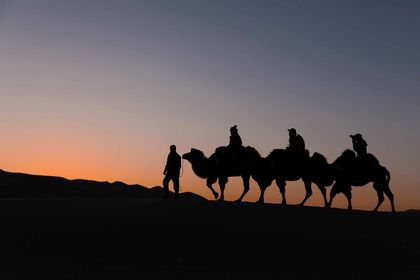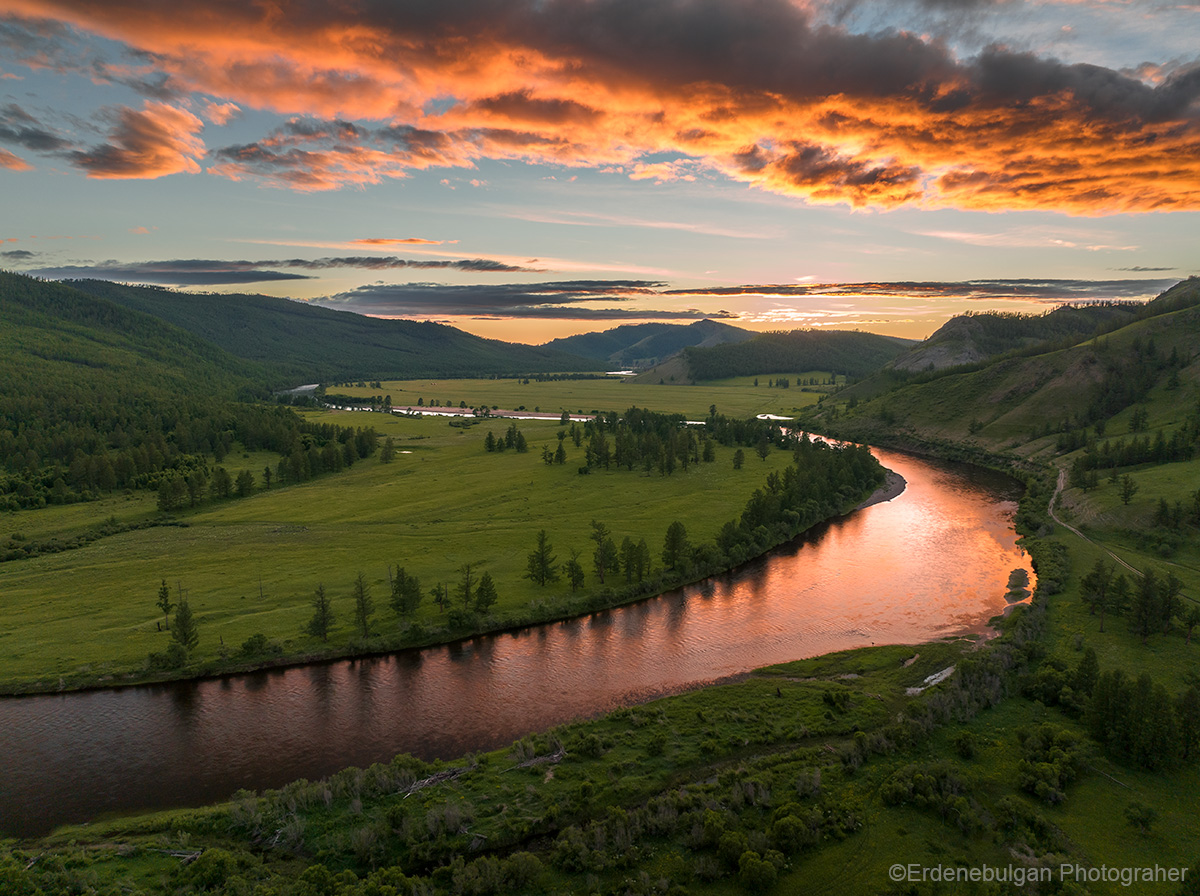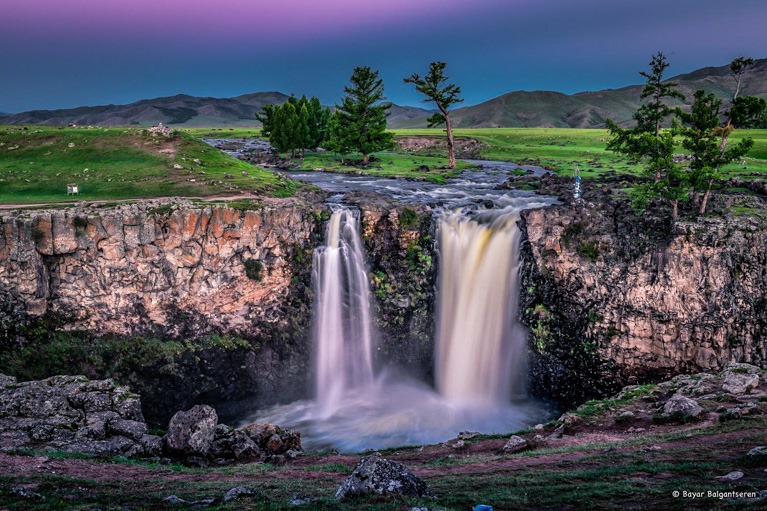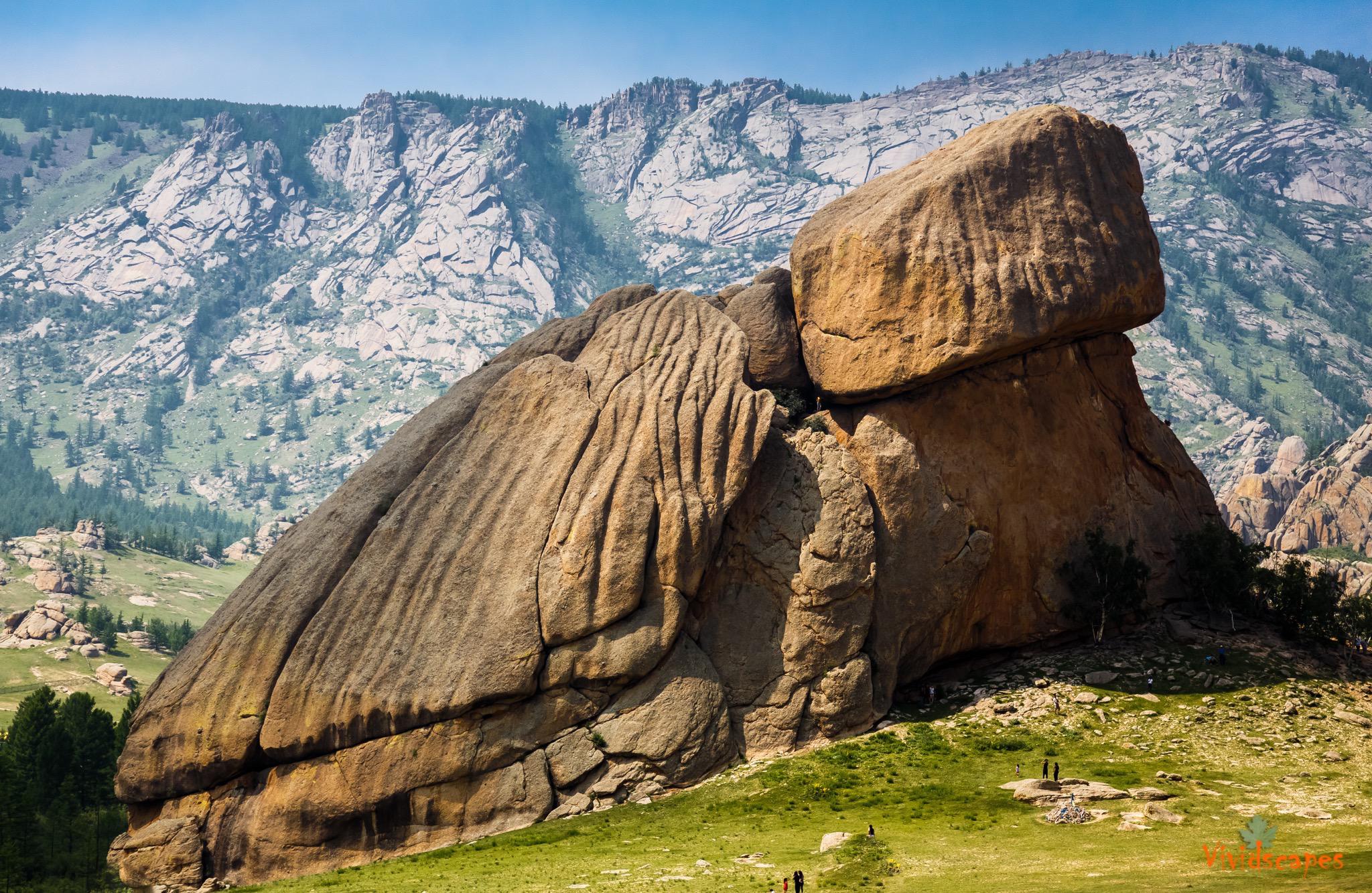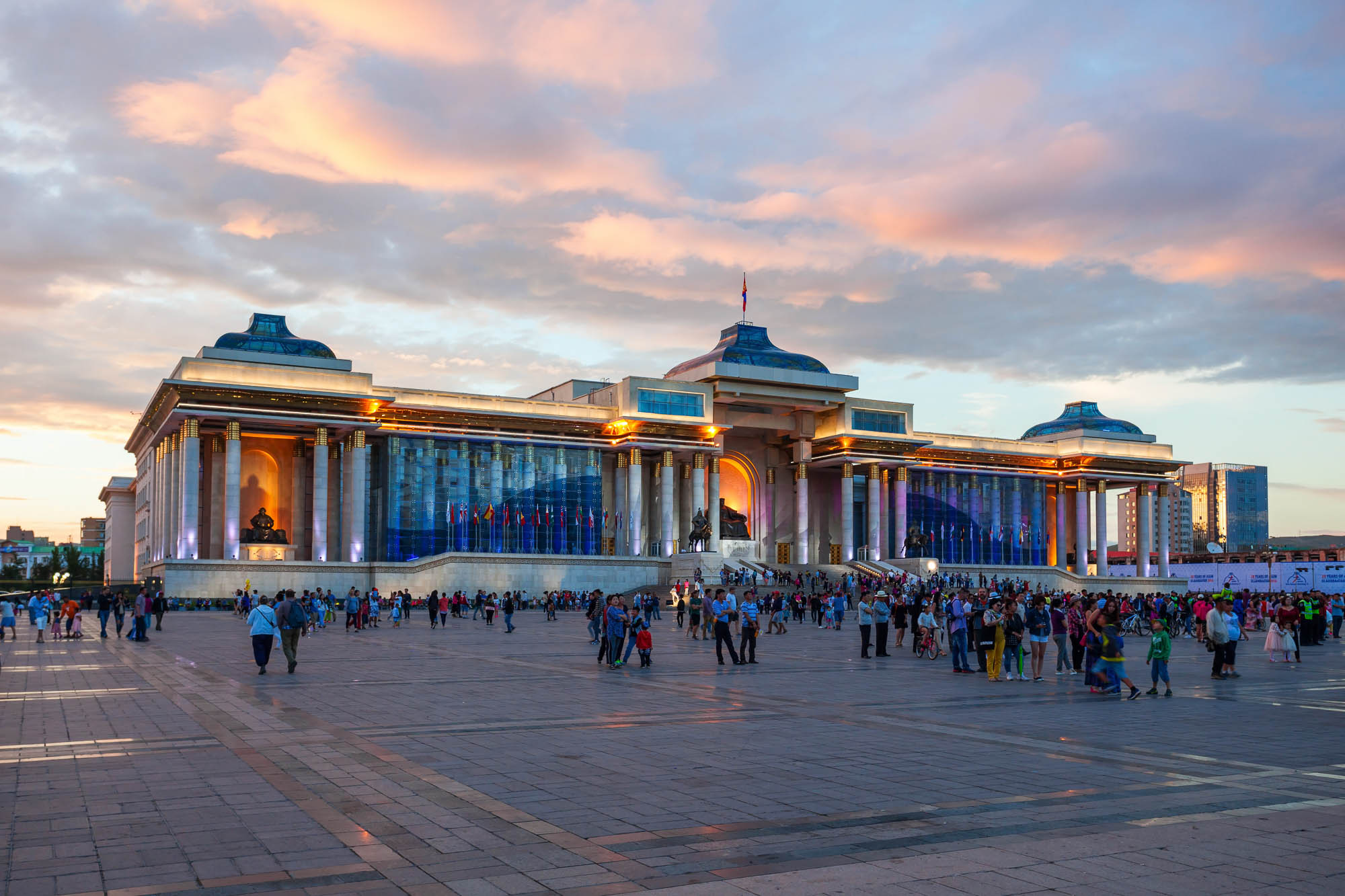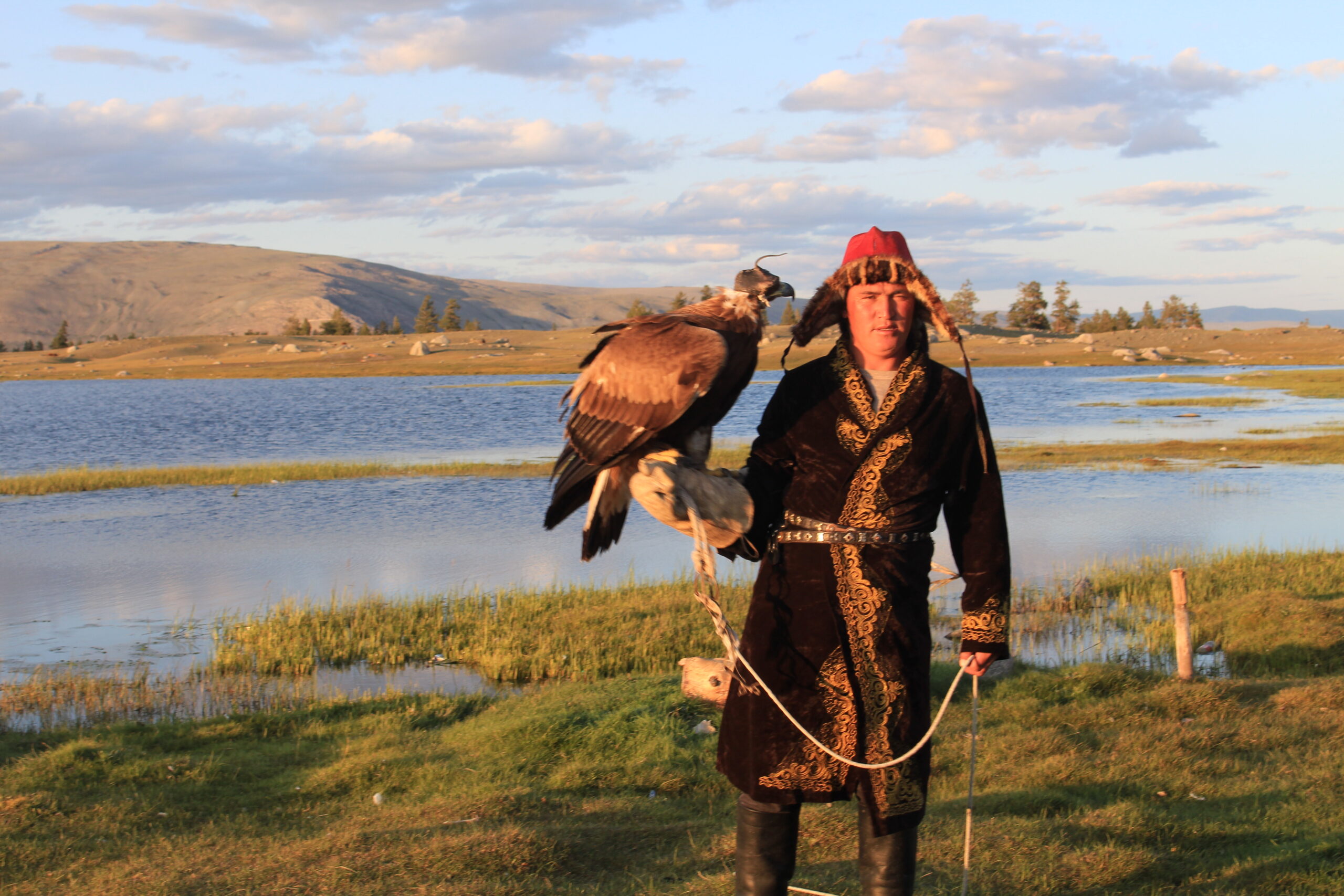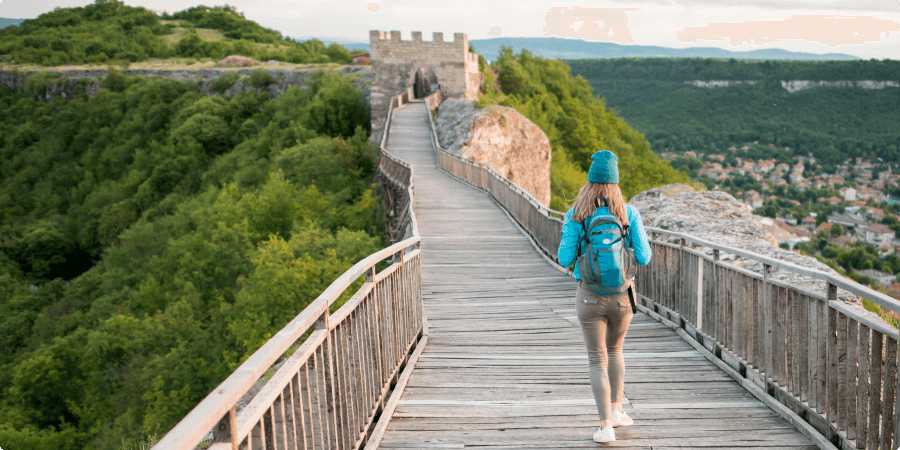Khuvsgul Lake, often referred to as the “Blue Pearl of Mongolia,” is a stunning and pristine alpine lake located in the northern part of Mongolia. It is one of the largest freshwater lakes in Asia and holds significant cultural, ecological, and natural importance. Here are key features and aspects of Khuvsgul Lake:
- Geography:
- Khuvsgul Lake is situated in the Khuvsgul Province of northern Mongolia, near the border with Russia. It is part of the Baikal Rift System and is often compared to Russia’s Lake Baikal.
- Size and Depth:
- The lake is approximately 136 kilometers (85 miles) in length, 36 kilometers (22 miles) in width, and reaches depths of over 260 meters (850 feet). It contains about 1-2% of the world’s freshwater reserves.
- Clear Blue Waters:
- The lake is renowned for its crystal-clear blue waters, earning it the nickname “Blue Pearl.” The clarity of the water allows visibility to considerable depths.
- Surrounding Landscape:
- Khuvsgul Lake is surrounded by picturesque mountain landscapes, including the Sayan Mountains to the west and the Horidal Saridag mountain range to the east. The pristine scenery adds to the lake’s allure.
- Biodiversity:
- The lake and its surrounding areas are home to a rich diversity of flora and fauna. The lake supports various fish species, and the surrounding forests provide habitat for wildlife such as reindeer, moose, and brown bears.
- Nomadic Culture:
- The area around Khuvsgul Lake is inhabited by nomadic herding communities. Visitors have the opportunity to experience traditional Mongolian nomadic culture and hospitality.
- Winter Ice Festival:
- Khuvsgul Lake hosts an annual Winter Ice Festival, where locals and tourists gather to participate in winter sports, traditional games, and cultural events. The frozen lake becomes a central venue for various activities.
- Outdoor Activities:
- The lake and its surroundings offer a range of outdoor activities, including boating, trekking, horseback riding, and fishing during the summer. In winter, the frozen lake becomes a venue for ice skating and other winter sports.
- Conservation Efforts:
- Efforts are in place to protect the ecological integrity of Khuvsgul Lake. The lake is part of the “Lake Hovsgol National Park,” established to conserve the unique biodiversity and natural beauty of the region.
- Cultural Significance:
- Khuvsgul Lake holds cultural significance for the local Tsaatan (Dukha) reindeer herders and is considered a sacred site in Mongolian shamanistic beliefs.
Khuvsgul Lake’s stunning beauty and its cultural and ecological significance make it a must-visit destination for those seeking a tranquil and immersive experience in the heart of Mongolia’s northern wilderness

